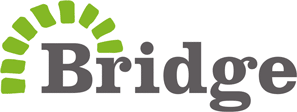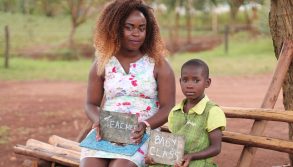Most parents want to see free private sector schools
19 March 2018
The subject of global education reform is often a theoretical discussion led by well meaning policy experts and academics. But even more important are the voices of mothers and fathers who send their children to school in low and middle income countries. Sometimes these people are glossed over, for example, the 2017 UNESCO GEM report, Accountability in Education overlooked the views of parents entirely.
At Bridge, we view parents as partners and the most important advocates for education. We believe parents in the developing world deserve the same rights and ability to choose where their children go to school as those in the developed world.
Therefore the Global Parents Survey released this month by the Varkey Foundation is a welcome change, revealing the views of parents when it comes to the education options available to their children.
Staggeringly only 45% of parents surveyed rated the quality of free to attend schools in their country(s) as good. While 55% of parents, globally, whose child attends a public school would be fairly likely or very likely to send their child to a fee-paying school if it was affordable and available.
The creation of school choice for parents across the world is met with fraught lobbying from those that would protect the status quo. Yet, for those with children in failing systems, the survey reveals that the ability to choose is widely supported amongst parents. In many countries so called ‘free’ public school education is far from free with fees hidden in exam costs, teacher motivation fees and school materials. Despite this, often hard to meet cost of sending a child to a public school, children are emerging unable to read and write and unequipped for successful lives as adults.
This view of widespread failing public schools across much of sub-Saharan Africa is supported by the most recent authoritative academic research. So it is little wonder that the opinions of parents in this part of the world are supportive of private sector help.
The Varkey Foundation report found that overall 37% of parents believe that the standard of education available for their child has got worse over the last 10 years. So, it seems obvious that parents would be looking for alternatives, where they can ensure their children will learn. As a factor, academic success is often a driving motivation for parents in school selection and while globally only 30% of parents identified this as a factor in selecting a school, in Kenya this dramatically shoots up to 41% of parents considering the academic record of the school one of the most important factors affecting choice.
It doesn’t seem surprising that in the pursuit of academic success for their children, parents are more and more interested in embracing options that allow them to choose a school that delivers on this. Across the world a range of systems from Charters and Academies, to Vouchers and low cost affordable schools are emerging, giving parents the ability choose something other than the local failing public school. Yet, this ability to choose is being met with fierce resistance by those who believe parental choice fundamentally undermines public systems. They chose not to view parental choice as an effective means of reform, enabling public schools to learn from new models and methods of education delivery.
Public Private Partnerships (PPPs) are one model increasingly delivering public sector improvement by leveraging private sector innovation, capital and expertise. These PPPs are boosting accountability, transparency and improving learning. NGOs, charity groups and the private sector are increasingly embarking on PPPs and strong results are being delivered as a consequence. In Liberia, the world’s most innovative education PPP saw a 60% increase in learning gains in just 9 months. Now, the Global Parents Survey reveals broad support for the approach amongst parents. In India 73% of parents support private organisations running free public schools, whilst in Kenya 72% and in Uganda 65% of parents support the model.
In a world where hundreds of millions of children are in school but not learning, innovation is needed to tackle the learning crisis. It seems that parents agree and are looking for alternative choices to ensure that after years in a classroom their children emerge able to read and write. We don’t hear their voices often enough, now that we have let’s listen to them.









